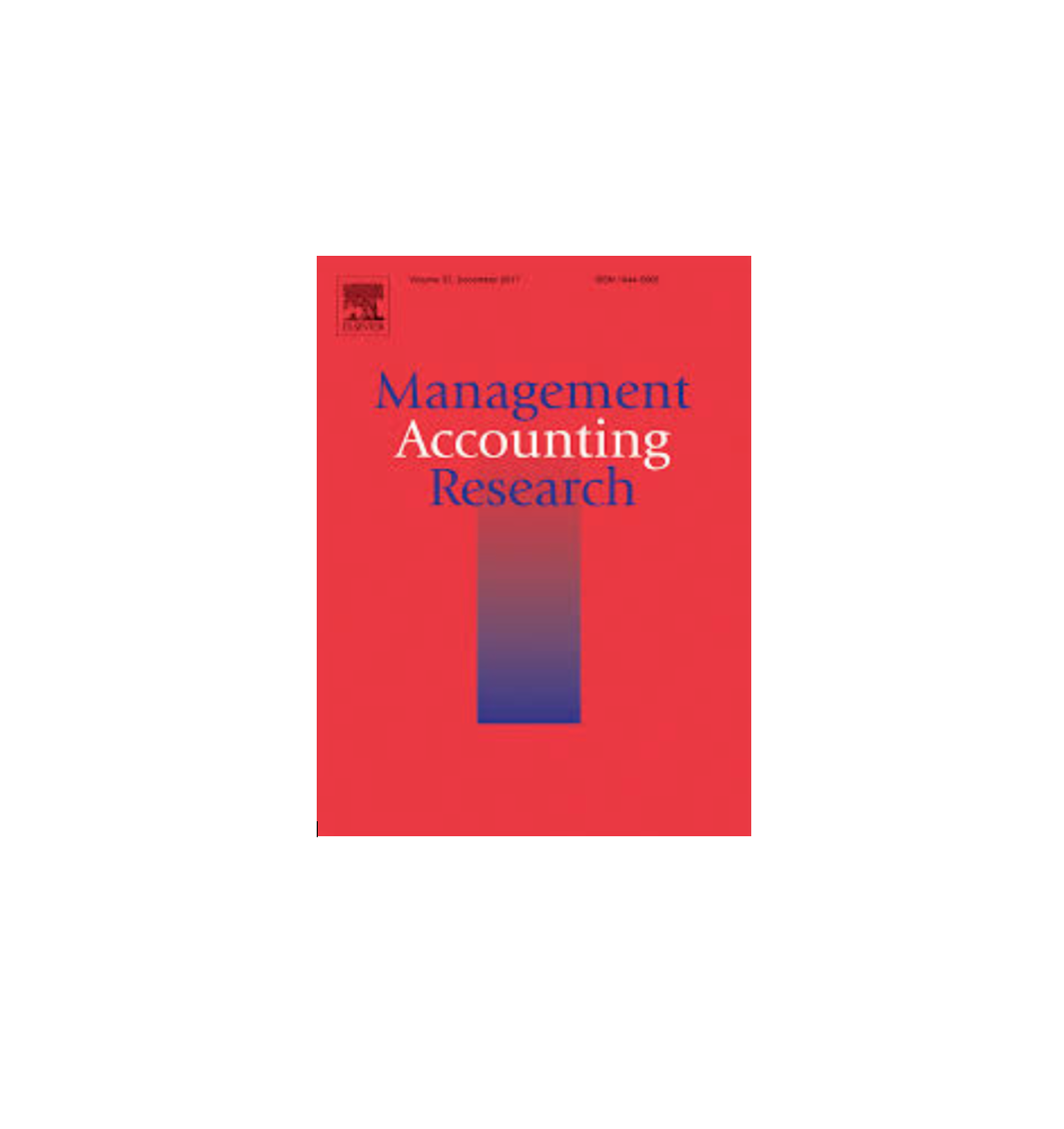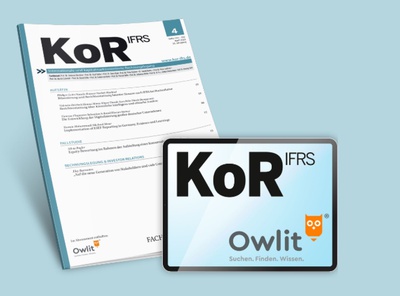
Management Accounting Review
20 Februar 2018
Hirsch, Bernhard; Reichert, Bernhard E.; & Sohn, Matthias (2017). The Impact of Clawback Provisions on Information Processing and Investment Behaviour. Management Accounting Research, 37, 1-11.
Abstract: Proposals after the last financial crisis in 2008 have called for an extension of the scope of clawback provisions in compensation contracts beyond what is commonly legally required. Under such an extended scope, managers would be held accountable for losses. The reason for such an extended scope is to counter incentives for excessive risk-taking that are currently present in many bonus contracts. We argue that such a call for an extended scope of clawback provisions ignores implications from prospect theory and motivated reasoning. We propose that if an investment decision can lead to either a gain or a loss for a company, then clawback provisions have a restraining effect on risk-taking compared to bonus-only contracts. In contrast, if the outcome of a decision affects only the potential size of a company’s loss, then clawback provisions lead to additional risk-taking compared to bonus-only contracts. In addition, we argue that additional accountability in a loss position leads to a motivated reasoning process. Managers overweigh positive project success factors and underestimate risk. We further propose that this effect occurs despite a higher risk tolerance, as suggested by prospect theory. Through an experiment, we find empirical evidence that is consistent with our predictions. Our findings contribute to the debate about extending the scope of clawback provisions in management compensation contracts. We also expand the research on prospect theory by showing that motivated reasoning processes occur even when prospect theory implies a higher risk tolerance, which conceptually should negate the need for motivated reasoning.






